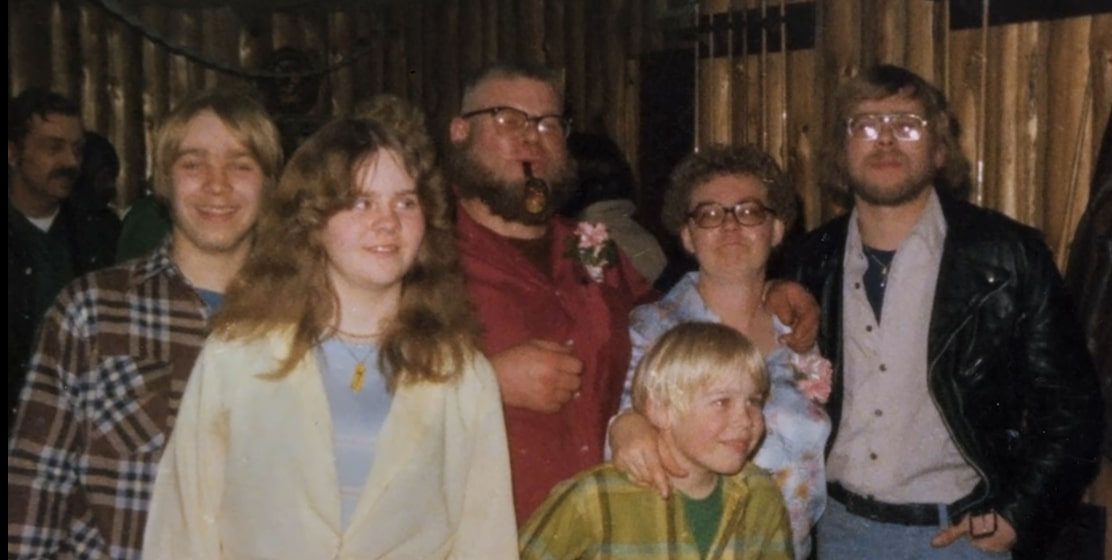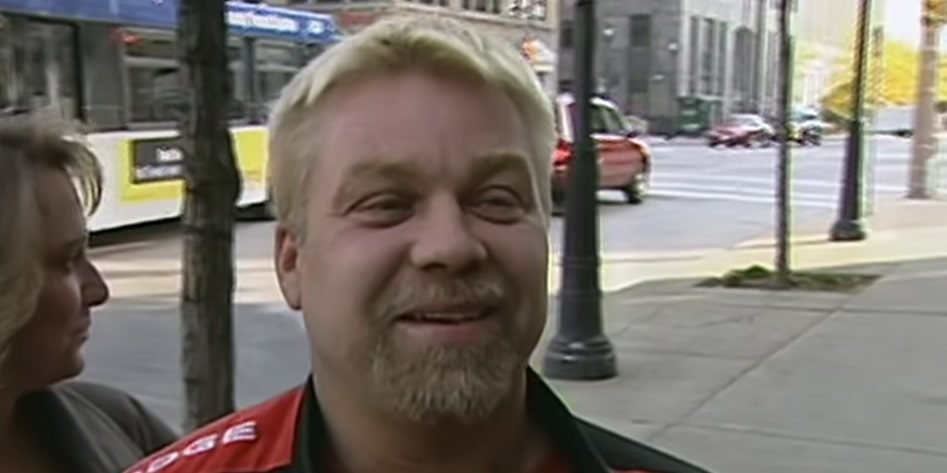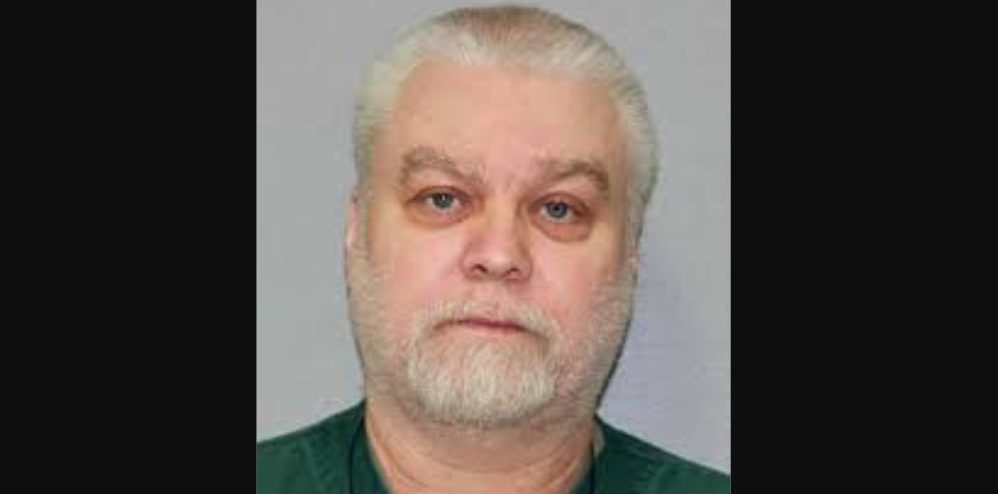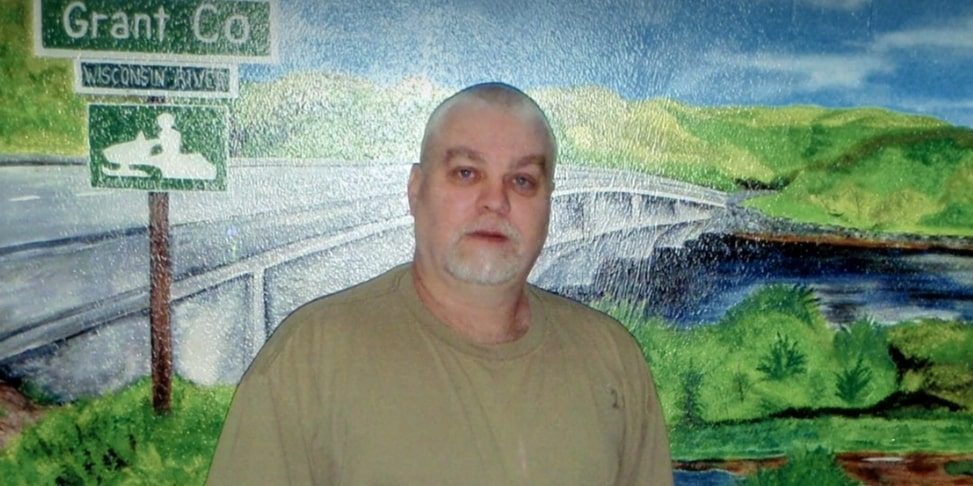Steven Avery is a Wisconsin man who gained national attention due to his controversial legal battles. In 1985, he was wrongfully convicted of sexual assault and attempted murder, spending 18 years in prison before being exonerated by DNA evidence in 2003. Following his release, he filed a lawsuit against Manitowoc County for his wrongful conviction. However, in 2005, he was arrested again, this time for the murder of Teresa Halbach, a young photographer who disappeared after visiting Avery’s property. Netflix’s ‘Making a Murderer’ delves into the life that he lived and focuses on his claims that he was wrongfully convicted again in 2007.
Steven Avery Was Wrongfully Incarcerated in Penny Beerntsen’s Case For 18 Years
Steven Allan Avery was born on July 9, 1962, to Allan and Dolores Avery. He grew up alongside his three siblings in Manitowoc County, Wisconsin, where the family ran a salvage yard. Steven struggled academically and attended local public schools. At 20, he married Lori Mathiesen, who had a son from a prior relationship. Together, they had three more children: two daughters and twin boys. From a young age, Avery had frequent encounters with the law. In 1981, he served a 10-month jail sentence for burglarizing a bar.

In 1985, Avery’s legal troubles escalated after a conflict with his cousin, Sandra Morris. Furious over her alleged disparaging comments about him, he ran her car off the road and threatened her with a gun. He was convicted of endangering safety while evincing a depraved mind and possession of a firearm, resulting in a six-year prison sentence. He was able to get bail after a few months. In July 1985, Avery was wrongfully convicted of the brutal sexual assault and attempted murder of Penny Beerntsen, a jogger who was attacked on a beach in Manitowoc County, Wisconsin. Despite having an alibi supported by multiple witnesses, he was identified by Beerntsen in a flawed lineup and convicted largely based on her testimony and hair evidence that was later discredited.

Avery was sentenced to 32 years in prison, but he always maintained his innocence. He made an appeal on his case in 1987 and 1996, but the appeal was rejected. In 2002, the Wisconsin Innocence Project took up his case, and DNA testing was conducted using evidence from the crime scene. On September 11, 2003, the results conclusively proved that Avery was not the perpetrator. The DNA instead matched Gregory Allen, a man already incarcerated for other violent crimes and known to law enforcement at the time of Avery’s conviction. It also came to be known that in 1995, an officer from the jail where Allen was incarcerated had called the police officers in Manitowoc County Jail and told them he had confessed to the crime and that they might have the wrong guy.
Steven Avery Claimed the Evidence Against Him Had Been Planted to Frame Him For Murder
No action was taken after the call, and it was not even officially reported. Steven Avery was able to get exonerated and released on September 11, 2003. His case sparked significant political debate and raised critical questions about the structure of the criminal justice system. Republican Representative Mark Gundrum, chairman of the Wisconsin Assembly Judiciary Committee, introduced legislative reforms that became known as the “Avery Bill” in October 2005. Additionally, Avery filed a civil lawsuit against Manitowoc County, former Sheriff Thomas Kocourek, and former District Attorney Denis Vogel, seeking $36 million in damages.

After his release, Avery resumed work and focused on running Avery’s Auto Salvage. Although his wife had divorced him and he was no longer in contact with his children, he found solace in having his family close by and began to restore some normalcy to his life. However, on October 31, 2005, a photographer named Teresa Halbach went missing. When investigators reconstructed her movements that day, they determined that her last scheduled appointment was with Avery. While he insisted that Teresa had left shortly after their meeting, the evidence collected by the police pointed to a different conclusion.

Teresa’s vehicle was discovered on the outskirts of his salvage yard, concealed beneath some branches. This led police to execute a thorough search of his property, including his home and yard, over a span of 10 days. During the investigation, they found Teresa’s car key in his bedroom, bloodstains in her vehicle, and charred bone fragments in a burn pit near his house. On November 11, 2005, Avery was arrested and charged with Teresa’s murder, as well as kidnapping, sexual assault, and mutilation of a corpse. He maintained his innocence, claiming he was being framed in retaliation for the lawsuit he had filed against Manitowoc County officials. In March 2006, his nephew, Brendan Dassey, confessed to the police that he had raped and killed Teresa along with his uncle and gave a vivid description of the crime.
Steven Avery is Serving a Life Sentence Today
In February 2006, Steven Avery settled his civil lawsuit for $400,000, intending to use the money to hire a skilled legal team. By January 2007, charges of kidnapping and sexual assault were dropped, and his trial for Teresa Halbach’s murder began in March 2007. Avery’s defense argued that evidence against him had been planted by law enforcement officials and that the police had exhibited tunnel vision during their investigation. They also suggested that the blood found in Halbach’s vehicle had been taken from a vial of Avery’s blood collected during his 1985 case. However, a test developed by the FBI disproved this claim. On March 18, 2007, Avery was convicted of first-degree murder and illegal possession of a firearm but was acquitted of the corpse mutilation charge.

He was sentenced to life in prison without the possibility of parole, with an additional five years for the firearms charge. In August 2011, Avery petitioned for a new trial, but the request was denied, and the decision was upheld by the Wisconsin Supreme Court in 2013. In January 2016, prominent attorney Kathleen Zellner, in partnership with the Midwest Innocence Project, filed a new appeal on Avery’s behalf. On August 26, 2016, Zellner filed a motion for post-conviction scientific testing, which was approved in November. In June 2017, Zellner filed a post-conviction motion alleging ineffective assistance of counsel, Brady violations, and the discovery of new evidence. However, in October 2017, the motion was denied without granting an evidentiary hearing.
On February 26, 2019, the Wisconsin Court of Appeals granted Avery’s petition to remand his case to the trial court for an evidentiary hearing regarding his motion for a new trial. However, on July 28, 2021, the Court of Appeals upheld the denial of his request for a retrial. His legal team then petitioned the Wisconsin Supreme Court to review the decision, but the request was declined in November. He is currently incarcerated at Fox Lake Correctional Institution in Wisconsin. In July 2024, both the state and Avery’s attorneys agreed to dismiss the appeal seeking new scientific testing of Teresa Halbach’s vehicle. Meanwhile, the Court of Appeals is still reviewing whether he will be granted a new trial. Steven Avery has consistently maintained his innocence and claims he has been wrongfully incarcerated.
Read More: Jodi Stachowski: Where is Steven Avery’s Ex-Fiancée Now?


You must be logged in to post a comment.